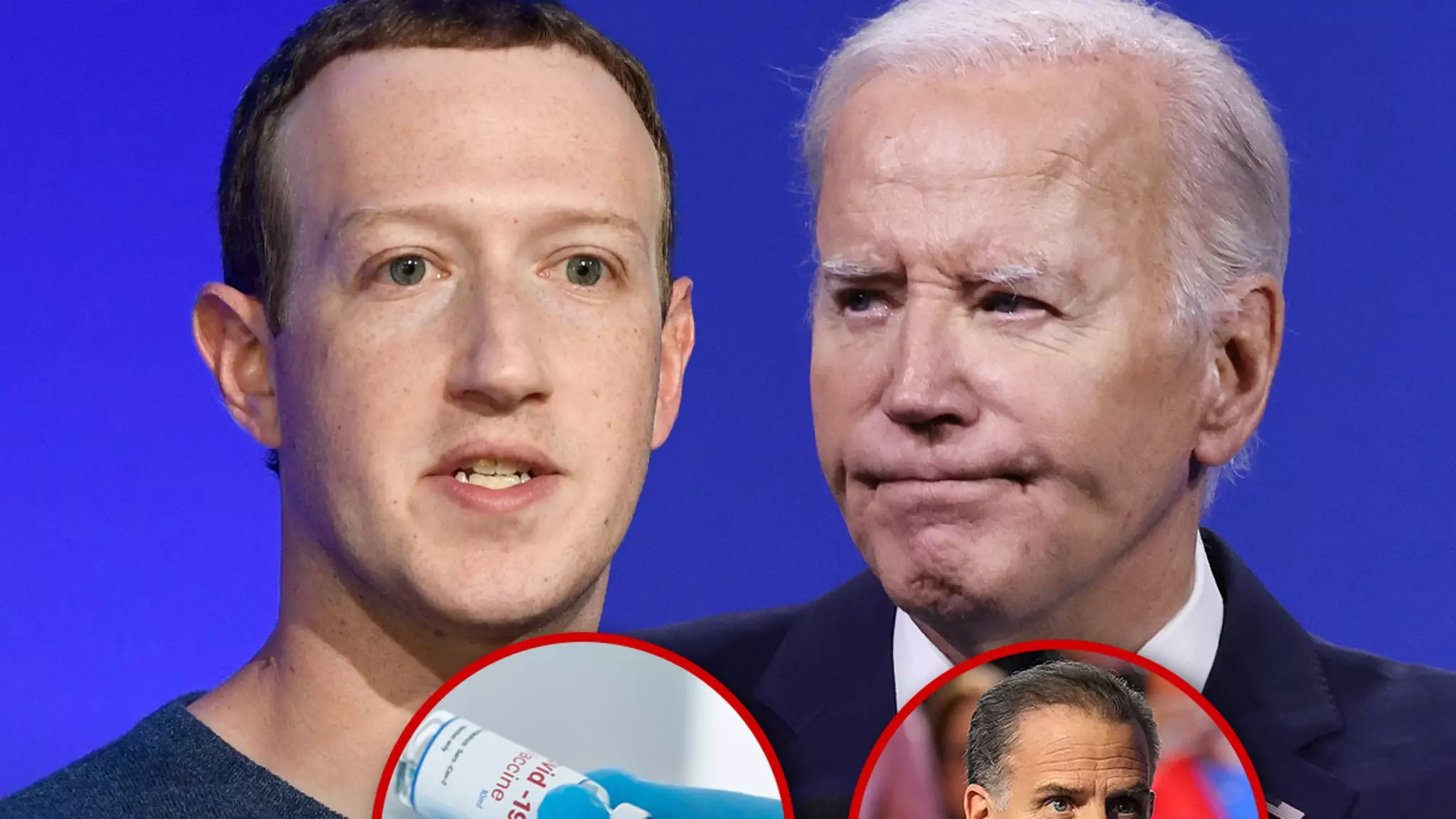Mark Zuckerberg expressed regret over the censorship that occurred during the COVID-19 pandemic, which he refers to as the Biden administration’s influence on META. He claimed that the White House pressured his company to suppress content and theories that went against the Biden administration’s narrative. This revelation brings to light the ethical concerns surrounding censorship and the influence of political entities on social media platforms.
According to Zuckerberg, senior officials in the Biden administration, including the White House, repeatedly pressured META to censor stories related to the pandemic. Requests were made to target “humor and satire” pieces about COVID, prompting Zuckerberg to comply with these demands. This raises questions about the extent of government interference in freedom of speech and the responsibility of tech companies to uphold content standards.
In addition to the censorship during the pandemic, Zuckerberg admitted to META suppressing New York Post stories about Hunter Biden and his laptop during the 2020 election. He claimed that the FBI had warned about a potential Russian disinformation operation targeting the Bidens, leading to the demotion of the story. However, it was later revealed that the reporting was not Russian disinformation, highlighting the dangers of acting on misinformation without proper verification.
Zuckerberg acknowledged the mistakes made by META and emphasized the importance of not compromising content standards under pressure from any administration. He assured that new policies and processes are in place to prevent similar incidents from happening in the future. This situation serves as a cautionary tale about the power dynamics between tech giants, government entities, and the implications of censorship on public discourse.
The controversy surrounding META’s censorship during the COVID-19 pandemic and the 2020 election sheds light on the complexities of regulating content on social media platforms. The influence of political pressure on companies like META raises concerns about the erosion of free speech and the need for transparency in decision-making processes. Moving forward, it is crucial for tech companies to strike a balance between upholding content standards and resisting external influences to ensure a fair and open online environment.


Leave a Reply